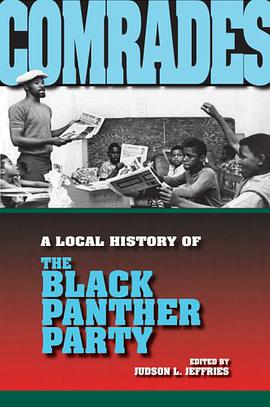

具體描述
"Reproductive Restraints" traces the history of contraception use and population management in colonial India, while illuminating its connection to contemporary debates in India and birth control movements in Great Britain and the United States. Sanjam Ahluwalia draws attention to the interactive and relational history of Indian birth control by including western activists such as Margaret Sanger and Marie Stopes alongside important Indian campaigners. In revealing the elitist politics of middle-class feminists, Indian nationalists, western activists, colonial authorities and the medical establishment, Ahluwalia finds that they all sought to rationalize procreation and regulate women while invoking competing notions of freedom, femininity, and family. Ahluwalia's remarkable interviews with practicing midwives in rural northern India fills a gaping void in the documentary history of birth control and shows that the movement has had little appeal to non-elite groups in India. Finding that Jaunpuri women's reproductive decisions are bound to their emotional, cultural, and economic reliance on family and community, Ahluwalia presents the limitations of universal liberal feminist categories, which often do not consider differences among localized subjects. She argues that elitist birth control efforts failed to account for Indian women's values and needs and have worked to restrict reproductive rights rather than liberate subaltern Indian women since colonial times.
著者簡介
圖書目錄
讀後感
評分
評分
評分
評分
用戶評價
相關圖書
本站所有內容均為互聯網搜索引擎提供的公開搜索信息,本站不存儲任何數據與內容,任何內容與數據均與本站無關,如有需要請聯繫相關搜索引擎包括但不限於百度,google,bing,sogou 等
© 2025 book.quotespace.org All Rights Reserved. 小美書屋 版权所有




















